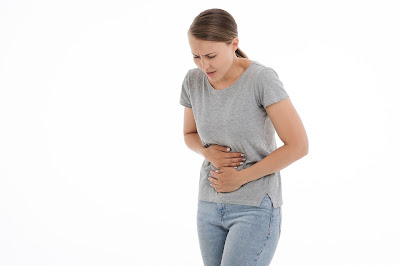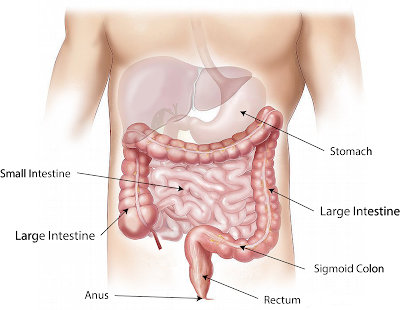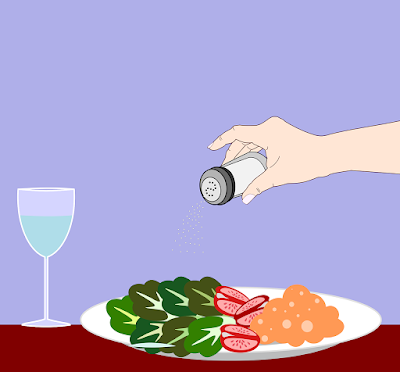Our abdomen often called the "Temple of Surprises," has nine compartments, in which the upper abdomen, the middle abdomen, and lower abdomen are divided into 3 compartments each.
Causes of abdominal pain
Abdominal pain is related to the organs underlying a particular area. Depending on the area, the doctor can diagnose the reason.
Upper abdominal pain
The organs in the upper abdomen include the liver, gall bladder, stomach, and spleen. If there is pain in the upper abdomen's right side, it could be a problem with the liver or the gall bladder. Gall stones are a frequent reason. If it is the upper left, it could be the stomach that is affected.
Read Also கோவிட் -19 உடன் எனது அனுபவம்
Middle abdominal pain
The middle of the abdomen includes the kidneys, pancreas, transverse colon, and small intestine. Any pain around this region could be due to pancreatitis. It could also be an infection or inflammation of the small intestine. If there is shooting pain from the middle of the back to the front and down to the groin, it could be a problem with the kidneys.
Lower abdominal pain
The lower abdomen consists of the appendix, large intestine, rectum, urinary tract, and bladder. If there is localized pain in the left lower abdomen, it could be appendicitis. If the pain is in the lower abdomen above the groin, it could be a UTI or an ovarian problem.
Home care for abdominal pain during the pandemic
Most abdominal pain can be eased with medication and antacids, which your doctor can prescribe over the phone. If it is very severe, it better to go to the hospital.
Middle abdominal pain
The middle of the abdomen includes the kidneys, pancreas, transverse colon, and small intestine. Any pain around this region could be due to pancreatitis. It could also be an infection or inflammation of the small intestine. If there is shooting pain from the middle of the back to the front and down to the groin, it could be a problem with the kidneys.
Lower abdominal pain
The lower abdomen consists of the appendix, large intestine, rectum, urinary tract, and bladder. If there is localized pain in the left lower abdomen, it could be appendicitis. If the pain is in the lower abdomen above the groin, it could be a UTI or an ovarian problem.
Home care for abdominal pain during the pandemic
Most abdominal pain can be eased with medication and antacids, which your doctor can prescribe over the phone. If it is very severe, it better to go to the hospital.












